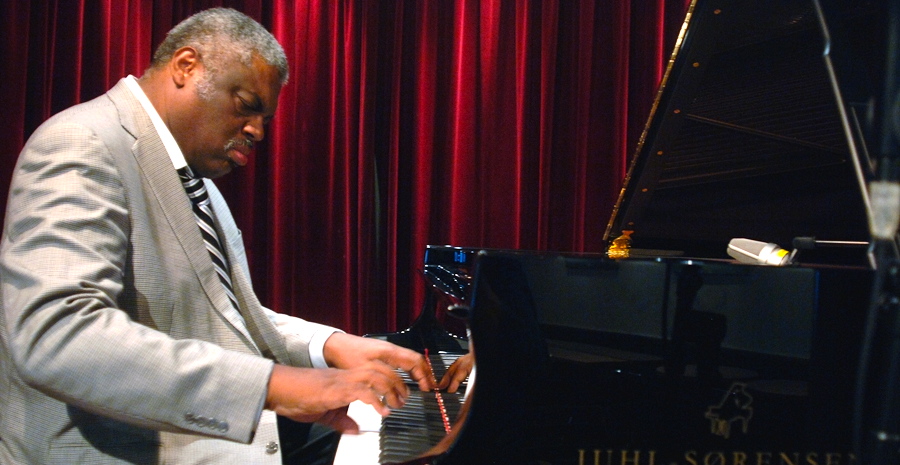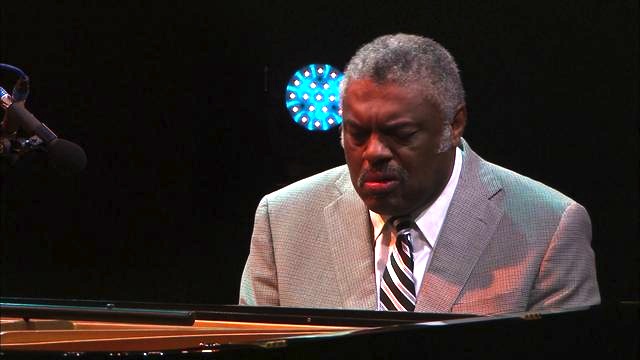
Mulgrew Miller, a jazz pianist with truthful invention, harmonic intellectualism and a keen sense of sophistication in his compositions and improvisations, was a fixture in the postbop mainstream for more than 30 years. While Miller was a highly distinguished and much sought after sideman, it was also as a leader that he built such a high degree of respect from both fans and peers, his McCoy Tyner-ish style the perfect amalgam of hard swinging post bop and pristine technique, through which he added a sharp contemporary harmonic edge to create his own modal style.
Mr. Miller developed his voice in the 1970s, combining the bright precision of bebop, as exemplified by Bud Powell and Oscar Peterson, with the clattering intrigue of modal jazz, especially as defined by McCoy Tyner. His balanced but assertive style was a model of fluency, lucidity and bounce, and it influenced more than a generation of younger pianists.
His biggest influence, though, was the legendary and sadly under-recorded Phineas Newborn Jr. One of the advantages Miller found to studying music at Memphis State was weekly exposure to Newborn, who was a staple in the city’s clubs.
A versatile player, Miller had a style that sparkled with clarity and bounded with soulfulness — a combination that can be heard on more than 500 albums, by his own estimation. His gentle personality and thoughtful mentorship further endeared him to multiple generations of musicians.

In addition to playing with Art Blakey in his early years, he also did stints with Woody Shaw, Betty Carter, Mercer Ellington Orchestra, Tony Williams, Joe Lavano, Nicholas Payton, Kenny Garrett and Ron Carter. His longest collaboration during this period was in the Tony Williams Quintet which he was a member of from the mid 80s until 1997.
Miller served as a mentor to new jazz musicians. His bands of the last decade all featured musicians in their 20s just breaking into the scene. Miller served as the Director of Jazz Studies at William Patterson University in New Jersey from 2005 until his death in May of 2013.
“If the jazz world had a most valuable player award, pianist Mulgrew Miller would be a leading contender. To each he brought a depth of understanding of the pianist’s role, along with the ability to provide innovative support for the band’s soloists.”